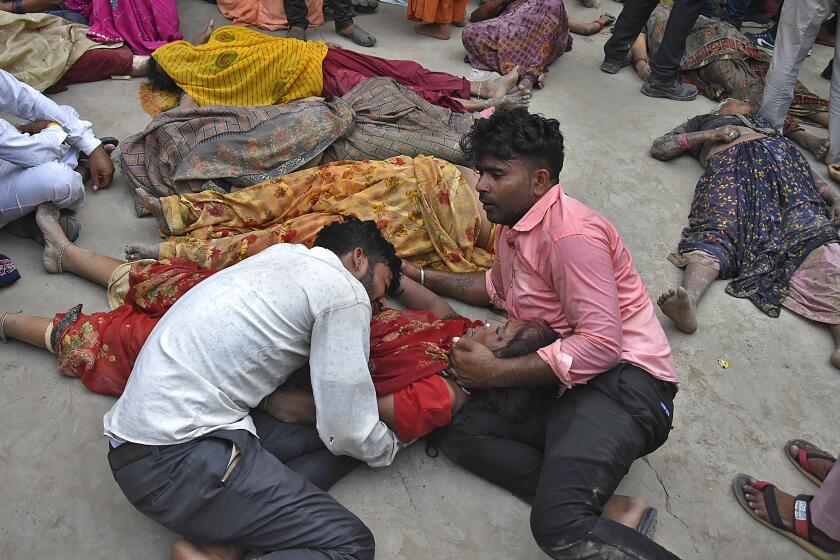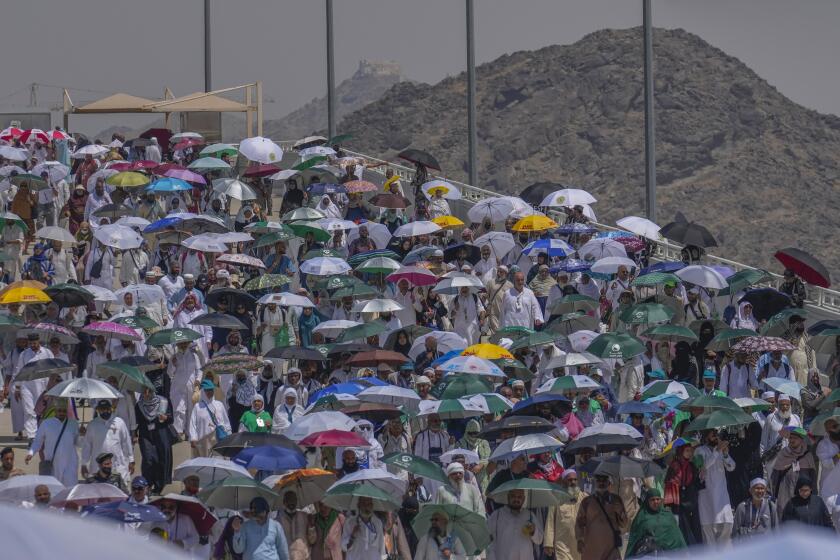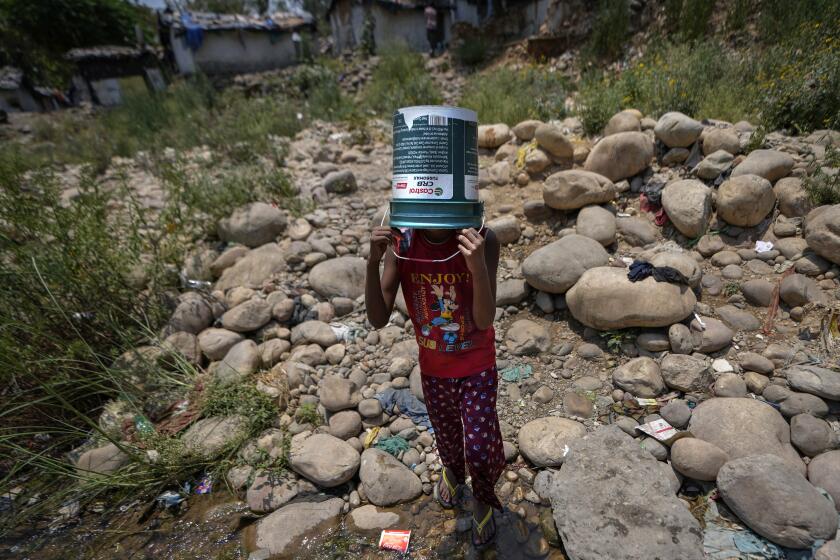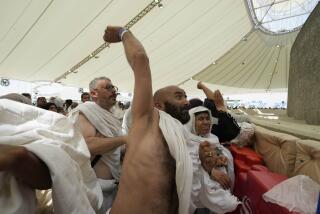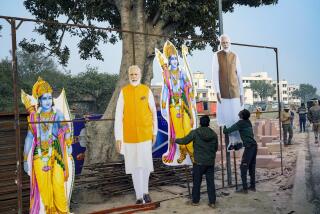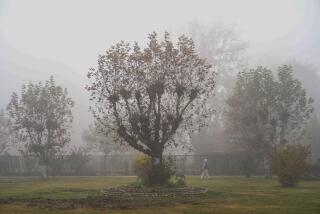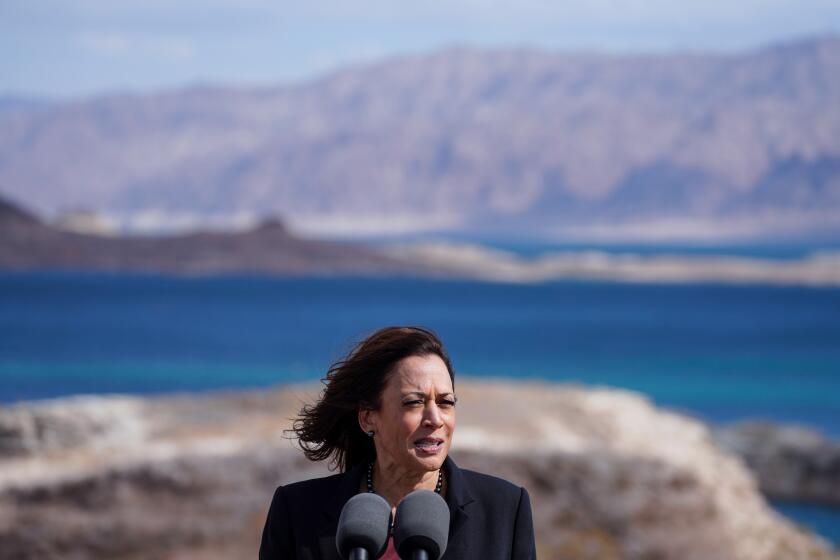Overcrowding and a lack of exits blamed in deadly stampede at Indian festival
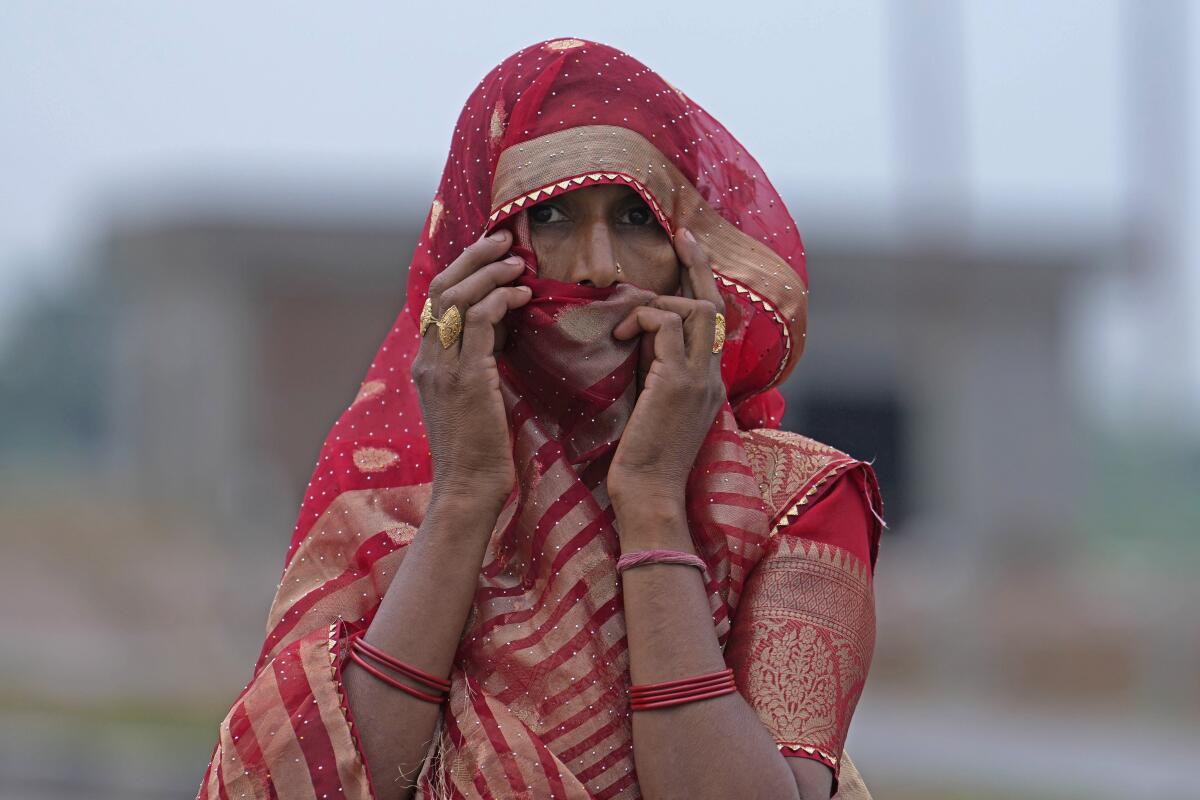
Severe overcrowding and a lack of exits contributed to a stampede that killed at least 121 people at a religious festival in northern India as the faithful surged toward the preacher and chaos ensued among the quarter of a million attendees, authorities said Wednesday.
As police searched for the organizers of the event, an attorney for the preacher said he would cooperate with authorities. More than two dozen injured people were still being treated.
Deadly stampedes are relatively common at Indian religious festivals, where large crowds gather in small areas with poor infrastructure and few safety measures.
The event had been permitted to accommodate only 80,000 people. It’s not clear how many made it inside the giant tent set up in a muddy field in a village in the Hathras district in Uttar Pradesh state.
It was not clear what sparked the stampede. The state’s chief minister, Yogi Adityanath, told reporters that a crowd rushed toward the preacher to touch him as he was descending from the stage, and security volunteers struggled to intervene.
At least 116 people — mostly women and children — died, said Prashant Kumar, the director-general of police in northern India’s state of Uttar Pradesh, where the stampede occurred.
An initial report from police suggested that thousands of people then thronged the exits and many slipped and fell on the muddy ground, causing them to be crushed. Most of the dead were women.
The chaos appeared to continue outside the tent when people ran toward the preacher, a Hindu guru known locally as Bhole Baba, as he left in a vehicle. His security personnel pushed the crowd back, causing more people to fall, according to officials.
Authorities were investigating and searching for the organizers, whose whereabouts were not known. Police registered a case of culpable homicide against two organizers, but excluded the preacher. Culpable homicide carries a maximum punishment of life imprisonment. Adityanath said he ordered an inquiry by a retired judge into the deaths.
A.P. Singh, an attorney representing the preacher, blamed some “antisocial elements” for disrupting the peace and creating chaos, the Press Trust of India news agency reported.
Saudi Arabia has not commented on the death toll, but one list circulating online suggested at least 550 people died during the five-day Hajj.
“The preacher is ready to cooperate with state authorities and the police,” PTI quoted Singh as saying in an interview.
Binod Sokhna, who lost his mother, daughter and wife in the melee, wept as he walked out of a morgue on Wednesday.
“My son called me and said, ‘Papa, Mother is no more. Come here immediately.’ My wife is no more,” he said.
The preacher’s Sri Jagat Guru Baba organization had spent more than two weeks preparing for the event. Followers from across the state — India’s most populous with over 200 million people — traveled to the village, with rows of parked vehicles stretching nearly 2 miles.
Temperatures hit 122 degrees and at least 14 people, including 10 election officials, are dead as heat wave scorches India on eve of final vote.
State official Ashish Kumar said there were insufficient exits in the tent. Experts said the event violated safety norms. “The function was held in a makeshift tent without ensuring multiple exit routes,” said Sanjay Srivastava, a disaster management expert.
Sonu Kumar, one of many residents who helped move dead bodies after the stampede, recalled hearing “heart-wrenching” screams. He criticized the preacher: “He sat in his car and left. And his devotees here fell one upon another.”
In 2013, pilgrims visiting a temple for a popular Hindu festival in central Madhya Pradesh state trampled one another amid fears that a bridge would collapse. At least 115 were crushed to death or died in the river.
In 2011, more than 100 people died in a crush at a religious festival in the southern state of Kerala.
Banerjee and Singh write for the Associated Press. Banerjee reported from Lucknow, India. AP writer Krutika Pathi in New Delhi contributed to this report
More to Read
Sign up for Essential California
The most important California stories and recommendations in your inbox every morning.
You may occasionally receive promotional content from the Los Angeles Times.
